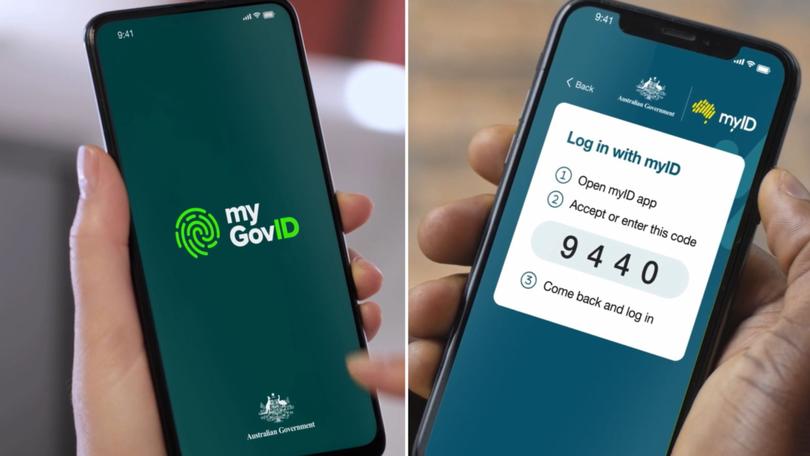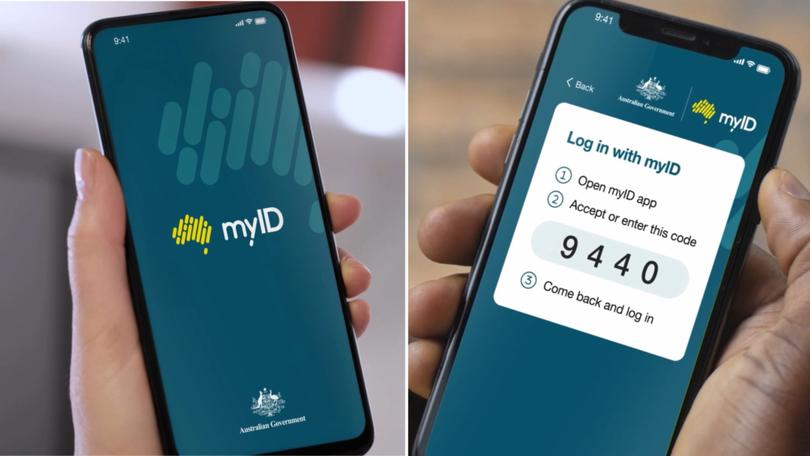ATO announces name change coming to myGovID in November to avoid confusion with myGov services

The Australian government’s digital ID app myGovID will undergo a makeover and be renamed “myID” from mid-November.
It’s hoped the name change will resolve confusion between myGovID, and government services portal myGov.
The change will be delivered as an app update through the App Store or Google Play, and be applied automatically once the app has been updated by users.
Sign up to The Nightly's newsletters.
Get the first look at the digital newspaper, curated daily stories and breaking headlines delivered to your inbox.
By continuing you agree to our Terms and Privacy Policy.“When myGovID changes to myID, users won’t need to do anything differently,” the Australian Taxation Office (ATO) said.
“Existing users will not need to set up a new myID.
“Login details and the user’s identity strength level set up in myGovID will stay the same and users can continue to use the app in the same way to securely access participating government online services.”

The change to avoid confusion between the myGovID and myGov apps was a recommendation handed down in the Critical National Infrastructure myGov User Audit report in January 2023.
The myGovID app, soon to be myID, allows users to prove who they are online without needing to repeatedly share copies of personal documents such as passports, birth certificates and driver’s licences.
It can sufficiently verify the identity of users across more than 150 government services online for business and personal matters.
As the new look and name is rolled out, the ATO has warned users to be on the lookout for impersonation scams, and to avoid clicking unsolicited links.
“Scammers can make fake websites or apps that look just like myGovID or myID,” the ATO said.
“Only download the myGovID (soon myID) app from the official app stores (Google Play and the App Store).
“Don’t click on suspicious links, open attachments or download any files from suspicious emails or SMS; we will never send an unsolicited SMS that contains a hyperlink.”
Originally published on 7NEWS
